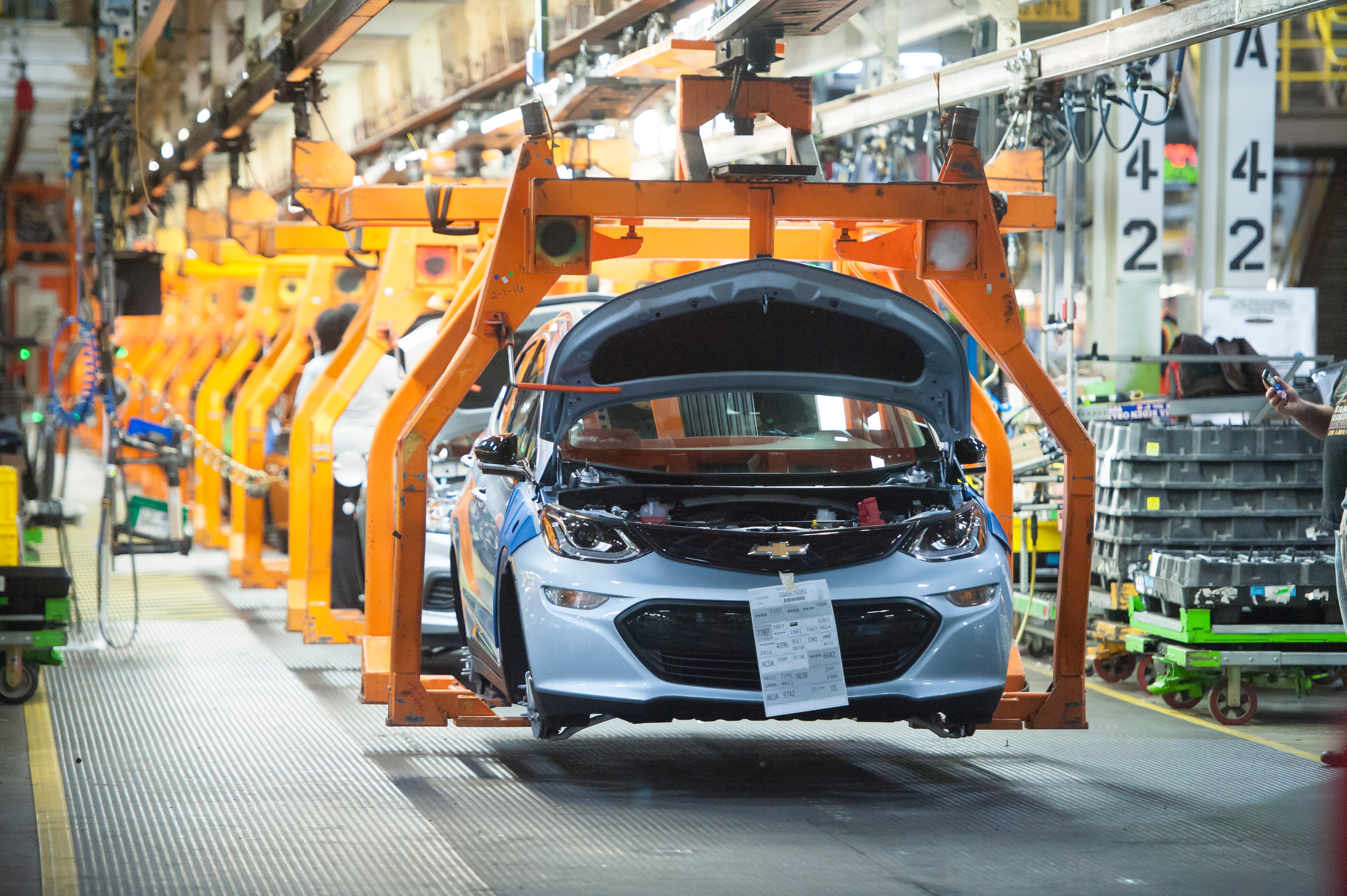Labor Voices: Electric vehicles are the future, but we can't leave workers behind
UAW members have built tens of thousands of electric vehicles (EV) and, as the market for EVs grows, UAW members will build many more. However, the UAW is dealing with the real-world implications of technological change for our members and the public in a thoughtful way.

The UAW rejects the notion that we must choose between strong environmental policies, technological progress, and quality jobs. The UAW has a long history of supporting environmental advocacy, whether it is supporting fuel economy standards, the Paris Climate Accord or sponsoring the original Earth Day celebration. This commitment is based on the belief that we can tackle environmental threats while ensuring quality jobs for American workers that include fair wages, benefits, safe working conditions, and freedom of association.
The key question the UAW asks is: Will the EV transition provide jobs for tens of thousands of American workers that currently make parts and components for internal combustion engine vehicles? In Michigan alone, that accounts for over 20,000 jobs.
The greener vehicles of the future are going to be made somewhere and other countries are preparing for these new technologies. The economic potential of EVs will be lost if the vehicles and their components are imported. If these new technologies are produced outside the country, we risk a shift of automotive jobs abroad that ultimately leaves autoworkers behind.
We believe the US must be a producer and exporter of advanced vehicles, not jobs. We need a transition to EV production that takes full advantage of this economic opportunity in the US. When we invest in quality manufacturing jobs, the rest of the economy benefits.
One concern is the potential displacement of workers by technological changes. The replacement of internal combustion engine components, such as engines, transmissions, exhaust systems, or fuel systems, could mean a challenge to jobs for workers making those components.
Take for example jobs in vehicle powertrains. The typical EV powertrain has over 80% fewer moving parts than a comparable internal combustion engine. This simplicity could reduce the amount of labor that goes into powertrain production. The flipside is the introduction of new types of jobs building electric powertrains and advanced components.
If new EV components are outsourced abroad or to domestic or foreign low-end suppliers that focus on cost reduction at the expense of wages, working conditions, safety and quality -- we will be taking quality union jobs and replacing them with low-wage jobs at home or abroad. This will adversely impact not only autoworkers, but also the Detroit and national economy.
As we go through this technological change, we must demand that key decision makers do what is right for the environment and the workforce. It will require commitments from automakers and government agencies to re-tool facilities and re-train workers to produce new energy vehicles. We also need a fair-trade policy that promotes the production of advanced technology in the US. And we need to ensure that investments in green technology are used to create quality jobs that pay well, keep workers safe, and protect workers’ freedom to join unions.
In the end, the environment can win. Shareholders can win. And workers and their families can win. To have an auto industry that works for the environment and for workers, we need to get this right and leave no American worker behind.
Gary Jones is president of UAW International Union.
Labor Voices
Labor Voices columns are written on a rotating basis by United Auto Workers President Gary Jones, Teamsters President James Hoffa, Michigan AFL-CIO President Ron Bieber and Michigan Education Association President Paula Herbart.